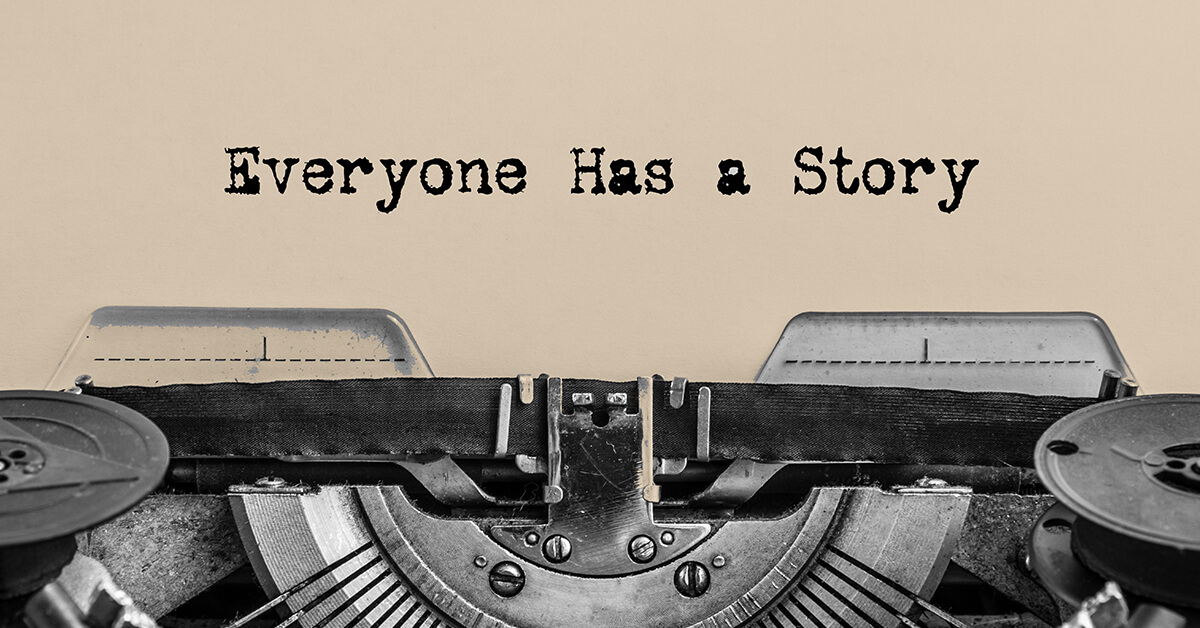A few summers ago, my young daughter stood at the edge of a pool. She had learned to swim at a local lake, where she could wade in gently. Now, she wanted to conquer an old fear: jumping.
She approached and then retreated.
“You don’t have to do this today if you don’t want to,” I said.
“I’m doing this,” she said.
“Okay, then I’ll wait here in the water until you are ready.”
As I watched her battle between flight and resolve — and then watched her dive! — I thought of this quote from psychologist Susan David,
“Courage is not the absence of fear. Courage is fear walking.”
Or fear jumping.
As we talked later, I told her,
“Now you have another story to tell yourself the next time you are scared. You can remember that moment on the edge and say, ‘I did it then and I can do it again.’”
Stories Matter
Stories are powerful tools for motivating children and teens, inspiring their vision of who they can be, and helping them find meaning in life’s challenges.
According to research, teens who read about the…



